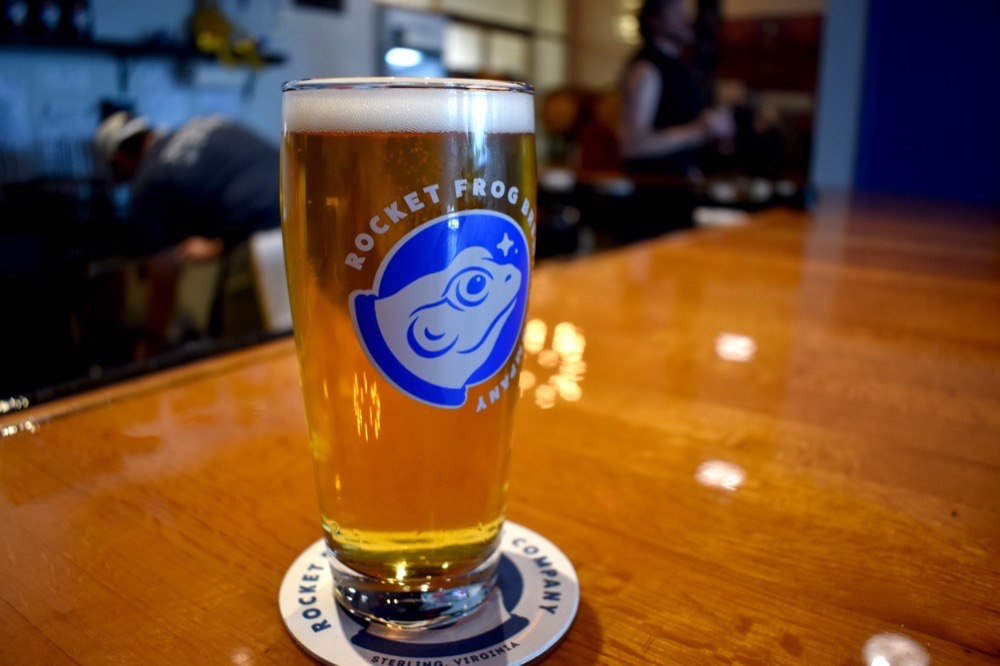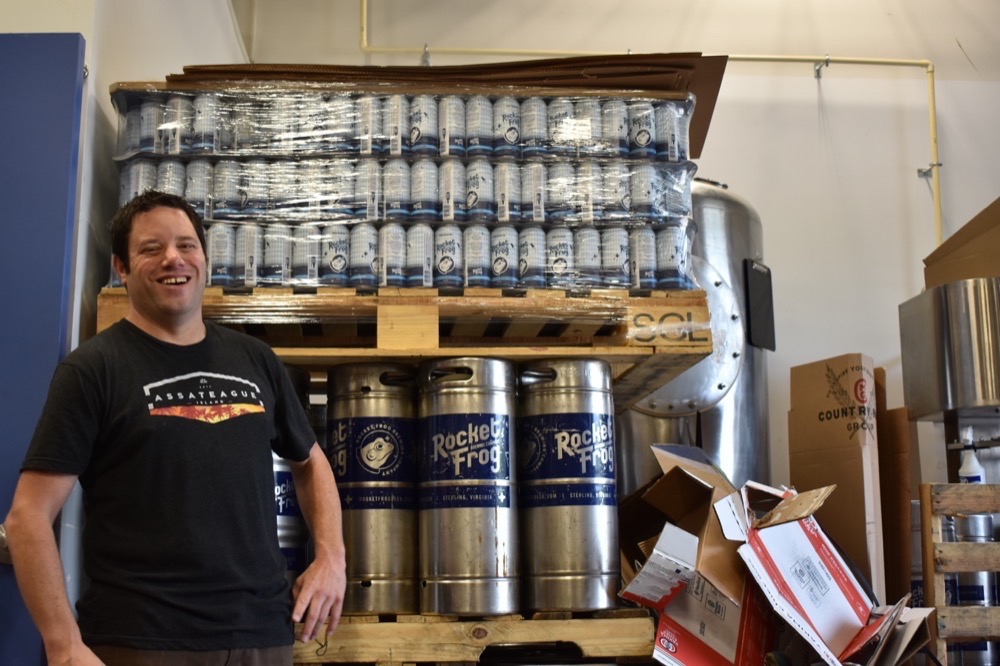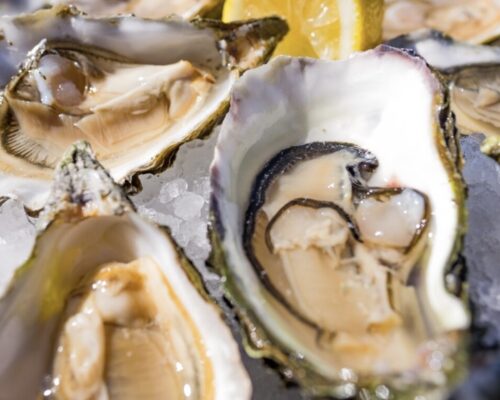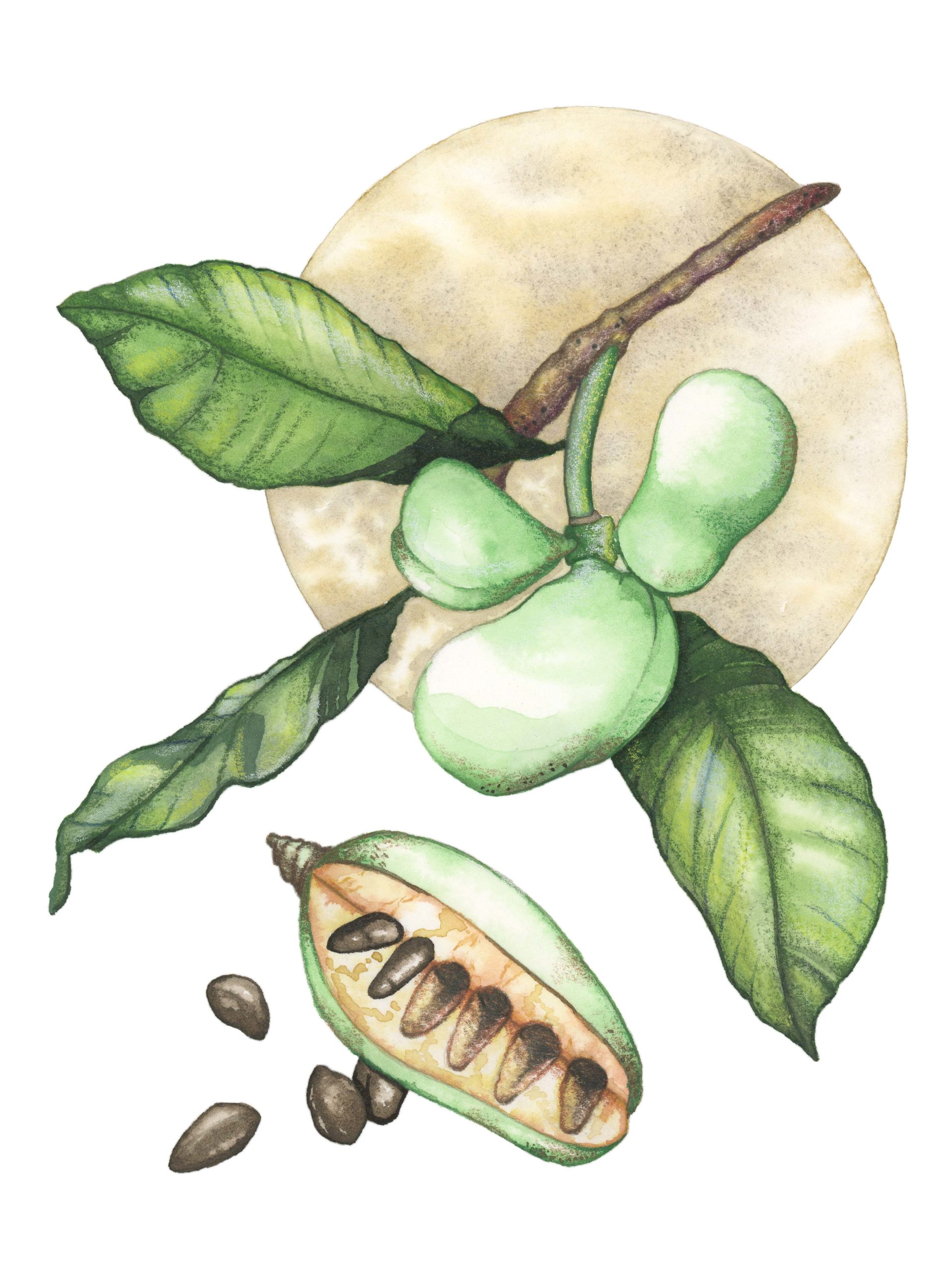Clean water and good beer go hand in hand
It’s no surprise that bacteria and pollution can cause problems for swimmers and paddlers, but water quality is just as big an issue for craft brewers.
It’s not that complicated, explained Emily Franc, vice president of development for the Potomac Riverkeeper Network (PRKN). Every brewer knows that better water makes better beer. So in an attempt to ally its causes and bring attention to the issue, PRKN began partnering with craft brewers in its “1% for the Potomac” campaign, to create better water conditions for outdoor recreationalists, who in turn drink a lot of craft beer—see how that all works together?
The Riverkeeper Network’s first partner was Rocket Frog Brewing Company, owned and operated by twin brothers David and Richard Hartogs and based out of Sterling, Va. The Hartogs brothers held an event with PRKN and the D.C. chapter of the Surfrider Foundation within their first four months as
a company.
“My brother and I have been longtime surfers and fans of the ocean, and have always felt the need to protect our water and our waterways,” David said. The event was held at the brewery and a portion of the day’s proceeds went towards the Riverkeeper Network and the Surfrider Foundation. Rocket Frog even raffled off a company-branded surfboard.

The 1% program was meant to be a fundraising effort where breweries could donate a portion of their proceeds from a riverkeeper-themed product or event. However, just as the project was gaining momentum in 2019, the pandemic hit and progress came to a screeching halt. It seemed inappropriate to ask for money at a time when most businesses were struggling, Franc said. But this didn’t deter the riverkeepers from their fundraising efforts entirely. PRKN held a virtual house party for its board members and donors, and invited David Hartogs along as a guest of honor. A raffle that night raised over $1,000.
Rocket Frog came on strong in support of clean water, even though they’re actually just getting off the ground themselves—a brewing company built on love of quality water and quality beer.
While the boys were growing up, the Hartogs family owned a beach house in Rehoboth, Del., right by the Dogfish Head brewery. By spending their summers at the house, David and Richard were exposed to the idea of craft beer early on. “I was around craft beer, but you never thought it was a movement at that time,” Richard said.
When he got a bit older, David began taking online courses on the business of craft beer at Portland State University, and in 2012, he approached his brother about starting his own brewery. Two years later, Richard came on board as his brother’s business partner. It took about six years after the initial idea to finally open the doors at Rocket Frog.
The origins of the brewery’s name are a bit obscure. Back in 2013, during a Minotaur V rocket launch on Wallops Island, NASA photos captured the image of a frog that had been caught in the jet blast, and the story made the local press. Richard had named his fantasy football team after the image, and soon it went from an inside joke to the name of their company.
Name in place, the brothers brought on Russell Carpenter as their head brewer. With a Ph.D. in biochemistry, Carpenter had the technical know-how to find the right equipment and brew outstanding beer. From the outset, Rocket Frog’s quality was apparent. In their first four months of operation, the company received a bronze medal at the Great American Beer Festival for its Wallops Island American Brown Ale. “It’s got a grain bill of about 13 different grains involved,” David said. “It’s a complex beer, the most complex beer we do.”
With some American hops to give it “that punch at the end,” Wallops Island has gone on to receive another medal (silver this time) at the Great American Beer Festival, as well as other awards and nominations. “Not everyone does a brown ale, especially around our area, so that kind of differentiates us,” David said.
Rocket Frog isn’t the only brewery that identifies with the push for clean water. Other breweries that have committed to the 1% for the Potomac campaign are Hellbender Brewing Company and The Berliner, both in D.C.; Mustang Sally Brewing Company in Chantilly, Va.; 7 Locks Brewery in Rockville, Md.; and even Molson Coors in Chicago.
And now, as the world recovers from the pandemic, the Riverkeepers will push to get more brewers involved in the effort.
What will the funds raised go toward? Water-quality monitoring, so that recreational paddlers and other river users have information on when and where it’s safe to go. Franc successfully developed a formal water quality monitoring program during her time as Anacostia Riverkeeper, and brought that success with her to the Potomac in 2018.
As the Potomac Riverkeeper Network’s Vice President of Programs and Litigation Phillip Musegaas explained, before the program there really wasn’t much information available to the public about which parts of the river were acceptable for swimming. While bacteria levels were monitored at designated swimming beaches along the Bay, the rivers were a different story. “The challenge when you have a river system is [that] the entire river is essentially a beach,” Musegaas said.
The biggest sources of bacteria were untreated sewage discharges from the District of Columbia and Alexandria, Va. The older sewer systems in these cities have their stormwater and sewage lines connected, so after a heavy rain, the excess flow of water gets pumped out into the river. Some of the highest bacteria levels are often found right after a storm.
“If it rains a quarter-inch or more, you are going to see untreated sewage discharges in the rivers,” Musegaas said. While the District of Columbia is currently working on an extensive infrastructure overhaul to fix these issues, many major East Coast cities including Baltimore, Philadelphia, and New York have similar problems with their sewage treatment.
Here’s something to toast, though. Over the past three years, the data the riverkeepers have published has reflected that bacteria levels in the National Harbor in Maryland were far lower than anticipated. About 80 percent of the samples taken from the harbor came back clean enough for swimming. Which means more recreation options on the river, and more chances for post-paddling adult libations. With the support of like-minded breweries and other businesses, the riverkeepers can continue to share good news with those who play in the Potomac.
If your business wants to support the 1% for the Potomac campaign, you can sign up at potomac.org/workplace-giving.




